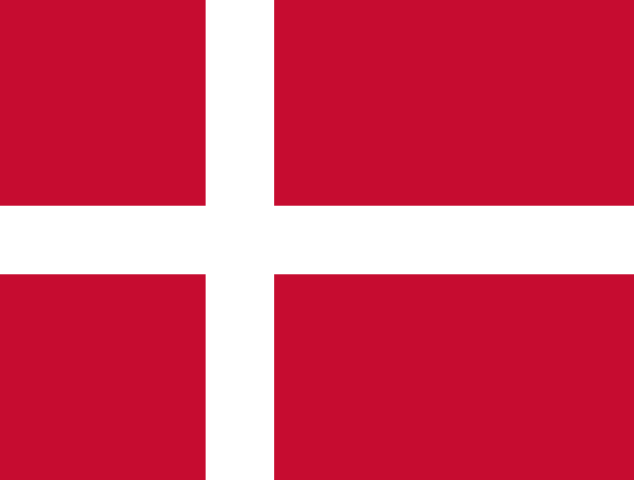I’ve recently written here about two different topics, which are now becoming closely related.
First, I looked at how Denmark’s Social Democrats, who headed the government until last month, took a much harder line on immigration — in an unsuccessful attempt to hold off the anti-immigrant Danish People’s Party on the far-right — ahead of the June 2015 election.
Second, I also looked at a UN report on how the government of Eritrea — a huge source-country of asylum-seeking immigrants to Europe — literally enslaves and murders its own people to try to prevent them from leaving the country’s brutal conditions. It is illegal to exit the country without permission (rarely granted), and the government reacts very harshly to its citizens all across the world if they manage to make it out anyway.
Now the new Danish government, headed by the center-right Venstre Party and supported by the Danish People’s Party, has adopted an appalling new policy to send Eritrean asylum-seekers back to Eritrea. This decision was made on the basis, according to the BBC, of a (widely criticized) report commissioned last fall … under the Social Democrat-led government … claiming it was now safe to send back Eritreans. Skimming over the report (English version), it’s clear how thinly sourced and dubious many of the claims are. By most sound accounts, anyone sent back will be executed or tortured and sentenced to decades of hard labor.
By the report’s own admission (p. 16), as of “a few years ago,”
[…] returning evaders and deserters were routinely subjected to severe punishment including torture and detention under severe conditions over a prolonged period of time. It was further added that those refusing or failing to participate in National Service would risk to lose a number of his or her citizen’s rights and, in exceptional cases risk indefinite incarceration or loss of life. Returning evaders or deserters that were known for political oppositional activities abroad upon return to Eritrea were taken to underground cells at a prison outside of Asmara while they were under investigation.
There has been no change in leadership in Eritrea since then. At the moment, 5,000 people are fleeing the country each month to seek asylum, in spite of shoot-to-kill border control orders.
The report’s suggestion that “the government’s attitude […] seems to be more relaxed” these days is essentially ludicrous. But Denmark’s new policy toward asylum-seekers from Eritrea is premised upon that claim.
This is a real-world consequence of center-left politicians triangulating to be “tough on immigration.” The Danish Social Democrats conveniently managed to lose the election just in time to not get the blame for the policy change, ostensibly undertaken by the anti-immigrant center-right coalition and its parliamentary bloc. But they laid all the groundwork for it: not only failing to defend desperate asylum-seekers and defenseless refugees to voters during the election campaign (instead adopting much of the anti-immigrant talking points and propaganda from the opposition), but literally also writing the fraudulent report that will now get people killed. Denmark’s Social Democrats will have blood on their hands from their pandering to anti-immigrant sentiments.
I don’t expect better from the Conservative governments in Britain and Norway, which issued similarly roundly attacked reports on how “safe” Eritrea now is, based on vague promises by the Eritrean dictatorship to do things differently in future. I do demand better from center-left parties.
U.S. Democrats, take note: Don’t make the same mistake here. Don’t triangulate on this issue. Don’t turn your back on people in need. Don’t sell out immigrants coming to this country for a better life and freedom from want and fear.
Do the right thing.





